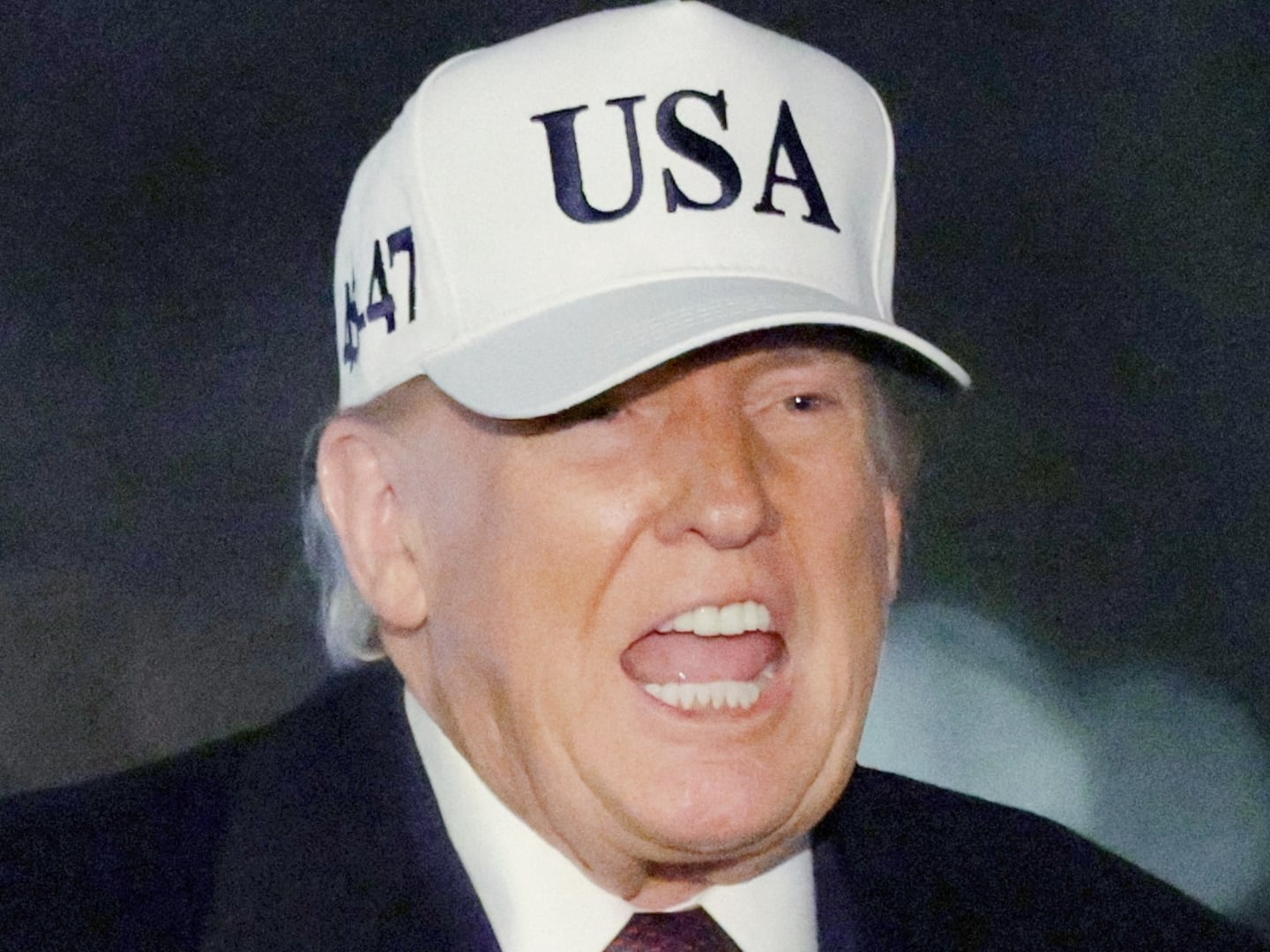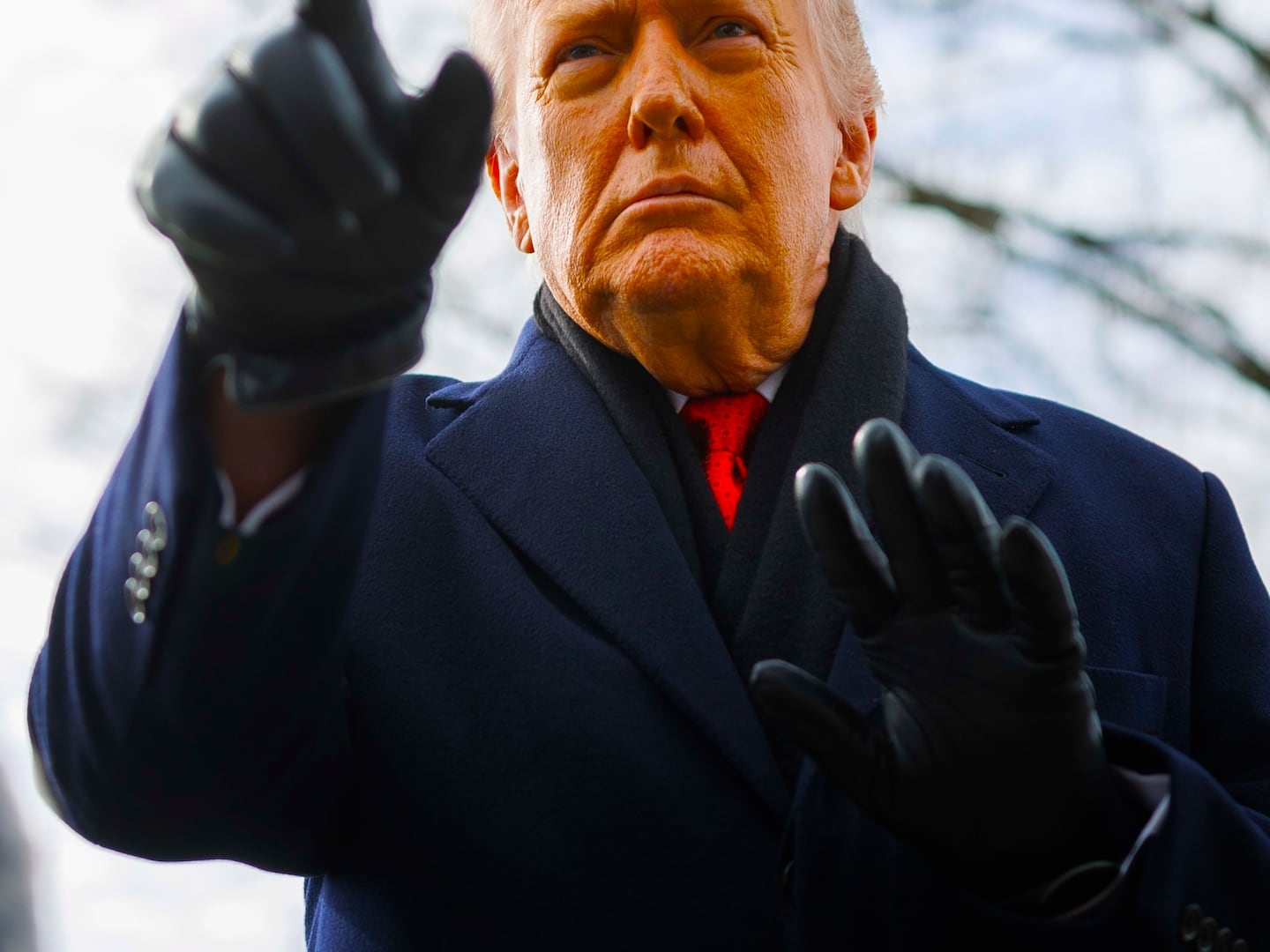
With health care out of the way at last, it’s on to financial reform for the Senate, where major legislation passed the Finance Committee this week on a partisan vote. But one lawmaker is already warning that Congress might put its stamp on reform that fails to protect Americans from another crisis.
“I think it’s a good bill. It’s hard to get a bill through when you’re trying to get all the different sides in place,” said Sen. Ted Kaufman, a Democrat of Delaware. “But on ‘too big to fail,’ I really do believe we have to look further.”
If the Democrats stay true to their principles on financial reform, “we’ll get Republican votes because I don’t think Republicans want to be on the wrong side of history.”
Kaufman made headlines this month with a passionate plea on the Senate floor for financial reform. Simon Johnson, former chief economist for the International Monetary Fund, dubbed it “the speech for which we have been waiting,” an easy-to-follow analysis of the root causes of the financial crisis and a tough assessment of the choices that need to be made to prevent a second one.
According to Kaufman, true reform demands a return to the Glass-Steagall Act, the 1933 law that helped set the boundaries for post-Depression finance by separating investment banks and commercial banks. It was repealed in 1999, enabling commercial banks like Citigroup to trade in complex financial instruments, like mortgage-backed securities, that contributed to the current financial crisis.
Kaufman, along with Sens. Maria Cantwell (D-WA), Barbara Boxer (D-CA), and John McCain (R-AZ), is sponsoring a bill that would reinstate the old system and, in Kaufman’s view, allow the government to avoid future bailouts. Because the federal government guarantees individual deposits in commercial banks, the argument goes, catastrophic investments on the investment-bank side automatically leave the government on the hook to bail banks out.
“FDIC insurance came after 1929 so people could take money out of their mattress or the tin can in their backyard and put them in a bank—they were never designed for the federal government to guarantee risky investments,” Kaufman said.
While Kaufman approves of the creation of a new set of regulators tasked with protecting consumers and monitoring systemic risk, a key priority for Democrats crafting financial legislation, he said in an interview that more bureaucrats were no substitute for tougher laws. After all, he noted, President Reagan created a working group on financial markets, nicknamed the “Plunge Protection Team,” to look out for financial crises after the stock crash of 1987, only to see it fail to prevent an even more disastrous fall some two decades later.
“I think after the Depression we passed laws to do things,” he said. “Then we turned it over to regulators. They worked for a while, then they didn’t.”
Kaufman was appointed to Vice President Joe Biden’s Senate seat after the 2008 election, but made clear from the outset he would not run in a special election to fill the seat for a full term in 2010. Not having to worry about Delaware’s voters—and powerful finance industry—could ease the pressure on Kaufman as he takes a lead role in calling out big banks. But he insists that the lack of electoral concerns has no effect on his policy views.
“That’s what everyone wants to say,” Kaufman said when asked if his limited tenure was liberating. “But there’s not a single thing I’m doing that I wouldn’t be doing from a policy standpoint if I were running. I think in this case this is an issue that has great, broad, public appeal, but I’m not doing it because of that, I’m doing it because I think the people are right and I think this is where we have to go.”
Democrats lack a filibuster-proof majority in the Senate and will have to bring at least one Republican into the fold to pass any reform legislation, let alone Kaufman’s preferred package, hardly a sure thing given the partisan warfare of the past year. But Sen. Chris Dodd (D-CT), chairman of the Finance Committee, offered a dose of optimism this week when he predicted that the passage of health-care reform would encourage Republicans to cross the aisle in the future.
“A number of Republicans went along with the strategy of just saying no, but were never happy with it,” Dodd, who is not seeking reelection in 2010, told Reuters. “If it worked, they would go along. But they saw it fail, and now they’ve had enough of it, and they really want to be involved in crafting things.”
Kaufman sounded less certain.
“Oh, Chris is very, very good, Chris is very, very savvy,” he said with a smile. “I don’t know... we’ll see. My basic approach is to go for what I absolutely think is the right thing to do.” But he added that if the Democrats stay true to their principles on financial reform, “we’ll get Republican votes because I don’t think Republicans want to be on the wrong side of history.”
Bipartisanship seemed a long way away this week, as House Democrats accused Republicans of egging on extremists allegedly behind a rash of reported threats against lawmakers, and vandalism targeting members’ offices. Republican Rep. Eric Cantor (R-VA) responded on Thursday by accusing Democrats of stoking hatred themselves and said his office was recently fired on (a later police report indicated a gunman fired randomly in the air, hitting a window when the bullet fell back to earth). Kaufman, however, said the bad blood is unique to the House.
“I think on the Senate side there’s a very good relationship between the members,” he said. “Republicans like the Democrats, the Democrats like the Republicans personally, we just don’t agree on the issues.”
Benjamin Sarlin is Washington correspondent for The Daily Beast. He previously covered New York City politics for The New York Sun and has worked for talkingpointsmemo.com.






